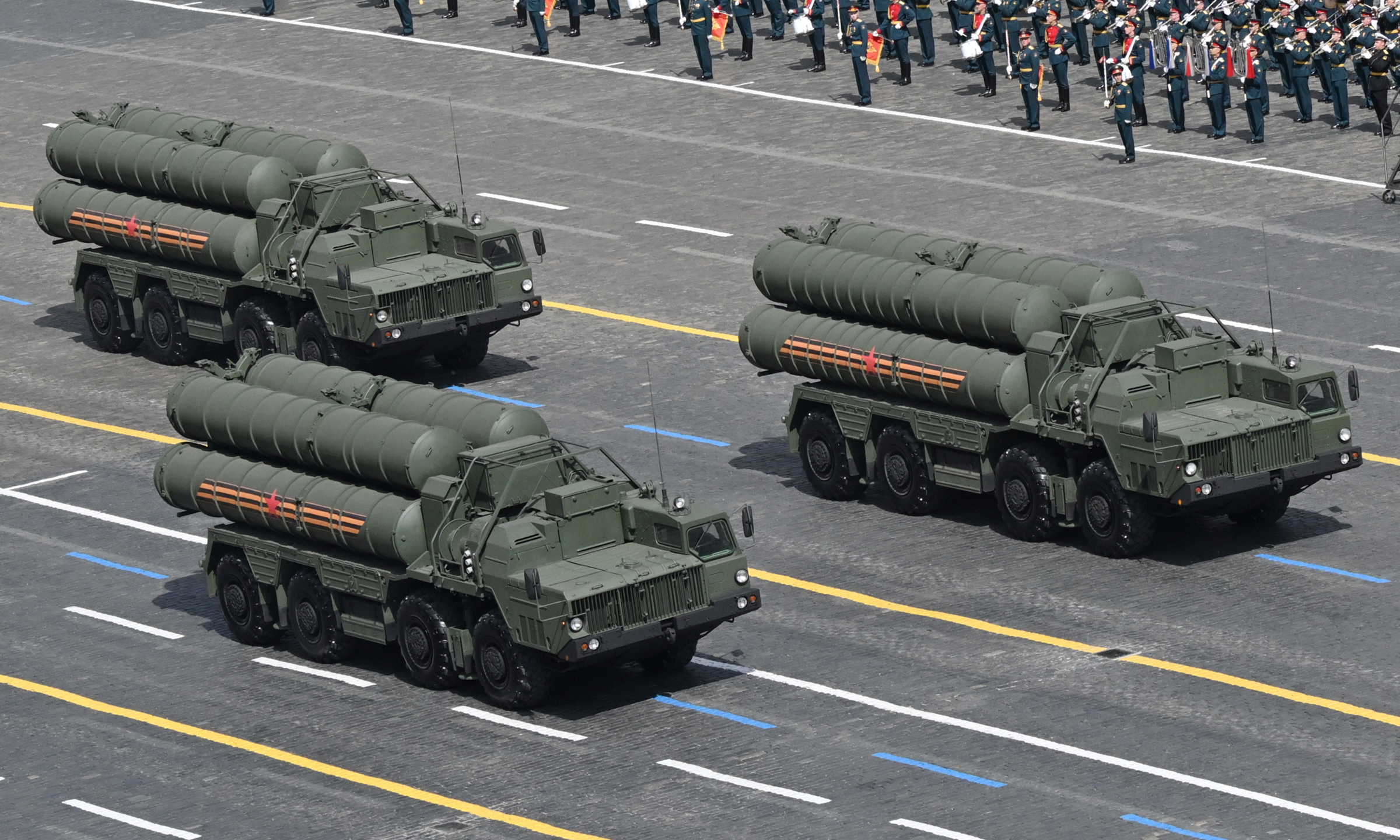"India currently possesses our S-400 air defense systems, and both sides have the opportunity to expand cooperation in this area, meaning further deliveries. We are in the negotiation stage on this issue," Dmitry Shugayev, director of the Federal Service for Military-Technical Cooperation, said on 2/9.
He added that another area of cooperation between Russia and India is the supply of Su-57 stealth fighters, but did not elaborate.
In 2018, India signed an agreement worth approximately 5.5 billion USD to purchase five S-400 missile systems from Russia. New Delhi said it needed these weapons to counter external threats.
Russia has delivered three S-400 systems to India after several delays, with the final two systems expected to be transferred in 2026 and 2027.
In May, Indian Prime Minister Narendra Modi praised the role of the S-400 system in the conflict with Pakistan, emphasizing that the Russian-made shield has provided "unprecedented strength."
 |
An S-400 air defense system launcher at the Victory Day Parade in Moscow, Russia in May. Photo: RIA Novosti |
An S-400 air defense system launcher at the Victory Day Parade in Moscow, Russia in May. Photo: RIA Novosti
Indian Air Force Commander Amar Preet Singh announced last month that New Delhi had shot down six Pakistani aircraft of various types during the conflict, largely thanks to the S-400 system.
According to Indian media, the country's leadership considers the S-400 missile crucial for national security, as it serves as the outer defense layer in New Delhi's multi-layered air defense network.
According to data from the Stockholm International Peace Research Institute (SIPRI), Russia accounted for 36% of India's arms imports between 2020 and 2024, followed by France with 33% and Israel with 13%.
India is strengthening cooperation with Russia and China amid significant trade pressure from the US. Former US President Donald Trump imposed a 50% import tariff on goods from India to penalize the country for buying oil and weapons from Russia, despite India being a US strategic partner in the Indo-Pacific, as well as formerly being Washington's largest trading partner.
However, New Delhi shows no sign of stopping purchases from Moscow. While attending the Shanghai Cooperation Organisation (SCO) summit in China on 1/9, Prime Minister Modi and President Vladimir Putin shook hands and shared a car ride for a conversation, seemingly sending a message to the US.
In a statement released on 3/9, Russian Foreign Minister Sergey Lavrov said India would not succumb to US requests to stop buying Russian oil, and Moscow "appreciates" that.
Pham Giang (Reuters, TASS)












